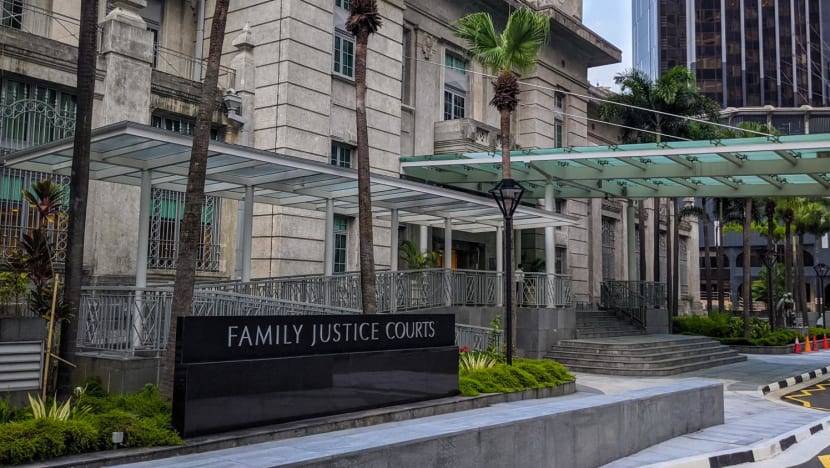New reforms for Family Justice system to make proceedings simpler, ‘less acrimonious’: MinLaw

A file photo of the Family Justice Courts in Singapore. (Photo: iStock)
SINGAPORE: Authorities are studying ways to make family proceedings in court “less acrimonious”, simpler and more efficient, with some legislative changes expected later this year, said the Ministry of Law (MinLaw) on Thursday (Mar 3).
It is working with the Ministry of Social and Family Development and Family Justice Courts on the changes, which include enhancements to the process of enforcing payment of maintenance orders.
The new process will adopt an “inquisitorial approach” – which is when the court is actively involved in investigating the facts of the case, compared to a system where the court’s primary role is to be an impartial referee.
“This will be especially helpful to parties who represent themselves in proceedings,” said MinLaw.
Announcing the move in Parliament, Second Minister for Law Edwin Tong said: “Take for example where the enforcing party has difficulty ascertaining the other party’s financial position. (This) is not an uncommon position.
“We will empower the courts to question parties and obtain information directly. This facilitates a simpler and more efficient process, and really gets to the crux of issues directly.”
Mr Tong added that authorities are considering “additional enforcement mechanisms” to strengthen compliance. Legislative changes are expected later this year to implement some of the improvements.
MAKING ENFORCEMENT OF CIVIL JUDGMENTS SIMPLER
As part of efforts to improve the legal system, Mr Tong also outlined potential changes to simplify and streamline the enforcement of civil judgments.
The changes come in response to feedback that “the time, effort and costs of enforcing a judgment in some cases, particularly where there is a lower-value judgment that can be disproportionate to the judgment sum”, he said.
Proposals being considered include “introducing new powers to punish and disincentivise” non-compliance with court orders.
In addition, if a party still fails to comply, the courts may be given more powers to track and trace the assets of the party that must pay the debt.
Such changes to streamline enforcement would particularly benefit small- and medium-sized enterprises and litigants-in-person, he noted.
“These are complex changes. We are studying the options and will engage stakeholders, get their feedback, finetune some of the proposals we have in mind and provide more details in due course.”
STRENGTHENING MANPOWER FOR LEGAL INDUSTRY
To support continued professional development for lawyers, MinLaw also said it is working with the Law Society of Singapore to explore an industry-wide secondment programme for lawyers.
This is with the goal of enhancing Singapore’s presence in key markets such as China, and in domains such as sustainability and technology, said Mr Tong.
MinLaw added that is working with the courts and stakeholders to “review education and training” of those in the industry, to better prepare them to meet the evolving needs of the sector.
















